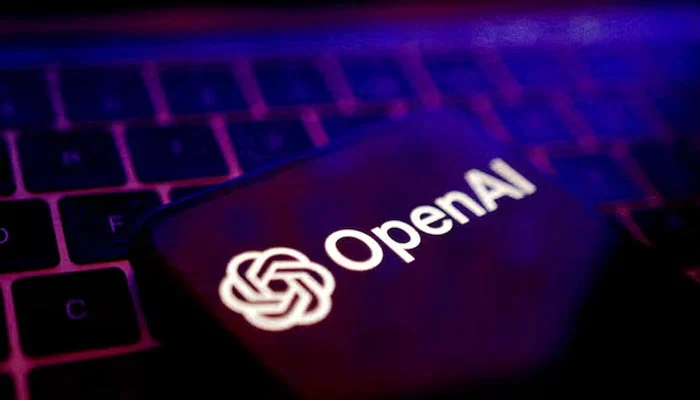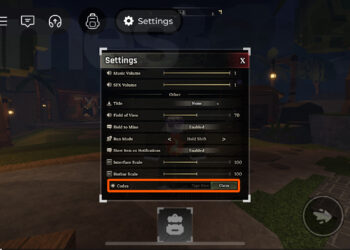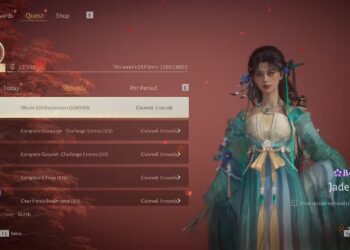Select Language:
OpenAI announced the launch of Sora 2 last week, a new video generation model that enables users to easily create highly realistic clips inspired by popular cartoons and video games, ranging from South Park to Pokémon. However, the company is also taking steps to give content rights holders greater control over the use of their characters. CEO Sam Altman mentioned that OpenAI plans to enhance its policies to allow copyright owners to better regulate how their characters are generated and used in AI-created content.
OpenAI, which also manages ChatGPT, has faced multiple lawsuits concerning copyright violations, including a notable case involving The New York Times. The controversy intensified in March when an AI image generator produced numerous images in the style of Studio Ghibli, the renowned Japanese animation studio.
Following the October 1 release of Sora 2—a TikTok-style app that lets users insert themselves into AI-generated scenes—Altman stated that the company would implement more refined controls for copyrighted characters. “We will enable rights holders to exercise more detailed oversight over how their characters are generated,” he explained in a recent blog post. This approach is described as similar to existing likeness protection models but with additional customization options.
The Wall Street Journal reported in September that OpenAI aims to have copyright holders, such as film studios, proactively opt-out of having their intellectual property featured in AI-generated videos using Sora 2. During the app’s limited beta testing, requests to generate videos featuring Disney or Marvel characters were typically denied, though a variety of other U.S. and Japanese franchises appeared frequently in shared content. Some examples included Pokémon’s Pikachu in parody scenarios, as well as scenes with Nintendo’s Mario and Sega’s Sonic the Hedgehog.
Altman acknowleged the significant creative output from Japan and noted the strong user engagement with Japanese content. Nintendo responded via X (formerly Twitter), clarifying that it has not contacted the Japanese government regarding AI use and reaffirming their commitment to protecting their intellectual property rights regardless of AI involvement.
Japanese lawmaker Akihisa Shiozaki expressed concerns about the legal and political implications of these developments, emphasizing the importance of swift action to safeguard Japanese creators and their work.






